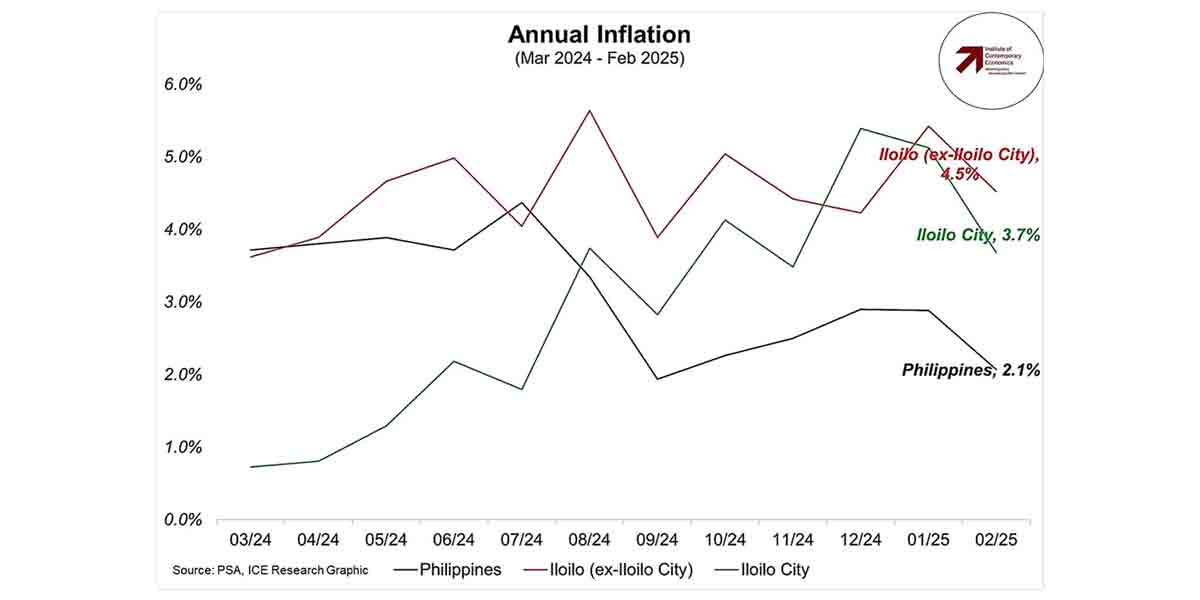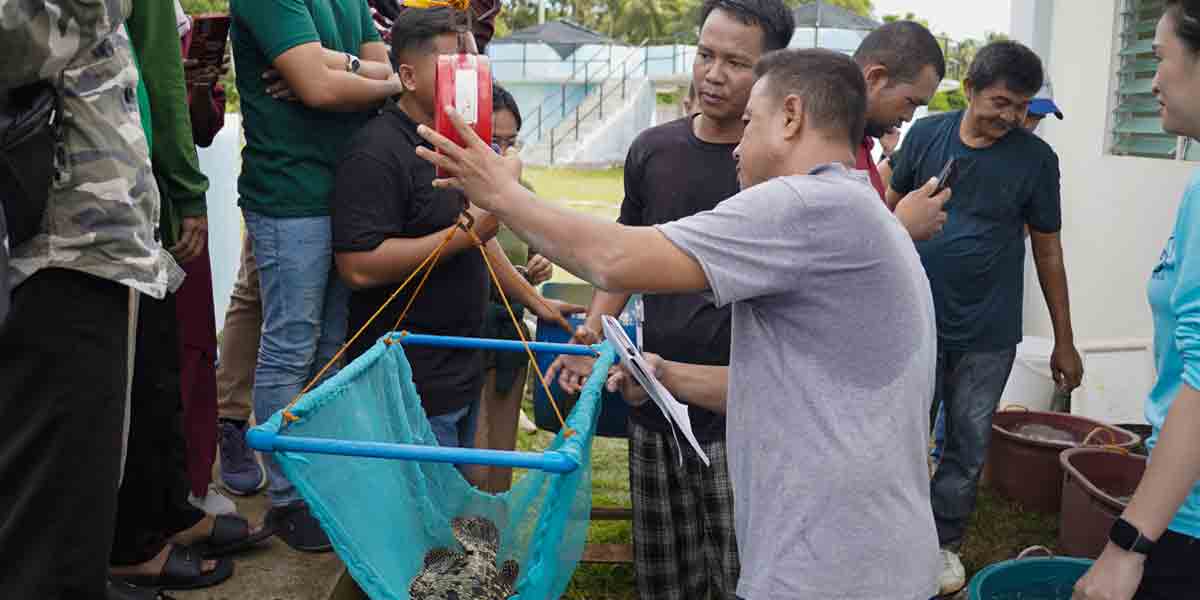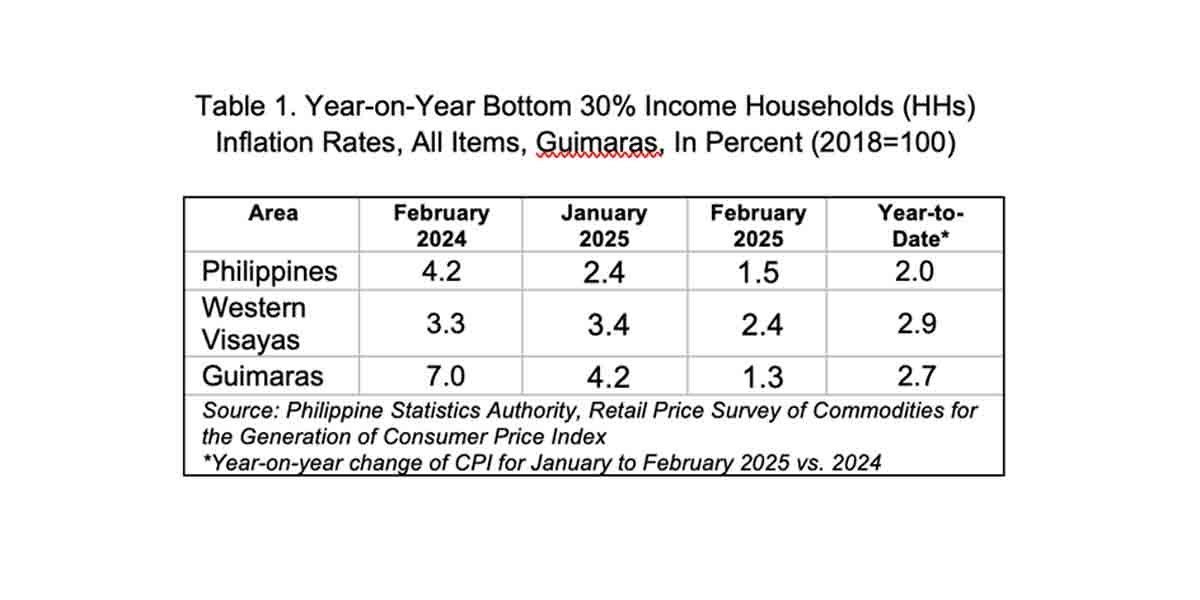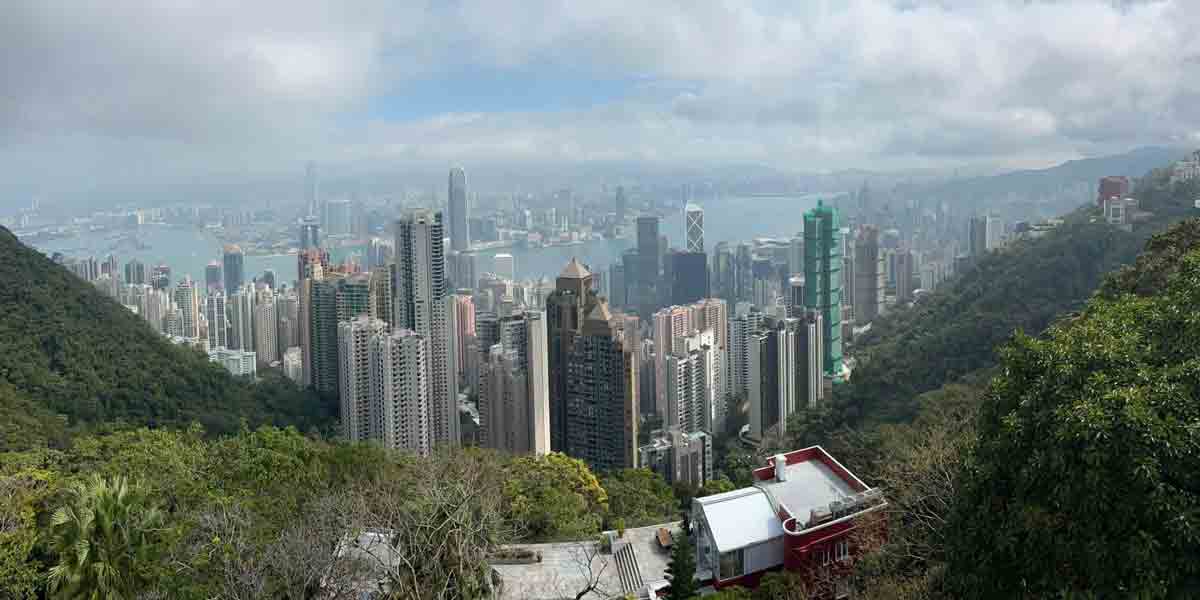 WEATHER experts of PAGASA predict that the dry and heat-loaded El Niño could persist even during the traditional season for monsoons and typhoons. This means until August. The weather experts describe this years El Niño as weak and therefore will not exit as usual. This is a case of a weak weather that will cause greater damage to agricultural crops and farm animals, not to mention a bigger budget for electricity even in small household using an electric fan.
WEATHER experts of PAGASA predict that the dry and heat-loaded El Niño could persist even during the traditional season for monsoons and typhoons. This means until August. The weather experts describe this years El Niño as weak and therefore will not exit as usual. This is a case of a weak weather that will cause greater damage to agricultural crops and farm animals, not to mention a bigger budget for electricity even in small household using an electric fan.
There is no break from the summer heat, except two or three days at the last week of March when we had rains. Since then we had not a drop of rain.
So now we see farmlands already parched and cracking up and are expected to dry up some more. The weather bureau warned that drought would hit 16 provinces this May. The drought will also hit Metro Manila, where shortage of potable water was felt since last month. The shortage is described as unprecedented. The water in the dams providing water to Manila has already dropped to critical levels.
The drought caused by the weak El Niño, has already hit the farmers hard. A Department of Agriculture report last week estimated 277,890 hectares of agricultural lands and over 247,600 farmers and fishers folk were affected across the country. Damage to rice in particular, which needs abundant irrigation, has been placed at P4.04 billion as of this week, with 191,761 metric tons and 144,202 hectares of rice lands affected. The damage to sugarcane has not yet been included, but the planters are already raising concerns and asking for cloud seeding.
Farmers always look at May for rain and tradition has it that it will come around the feast day of St. Isidro Labrador. He is the patron saint of farmers and they look forward to him to appeal to God for rain. Farmers believe that a drought is really on when the rains dont come on May 15, the fiesta of San Isidro. Then they also call for help from his wife, Santa Maria.
There is a unique tradition in Spain that when the farmers call on his wife, they carry in procession a relic of her head, thus the procession is called Maria de Capo. That the tradition has persisted for centuries we can believe in its efficacy but we have not called for her help on most occasions so that this is not so well known.
When some planters asked Governor Alfredo Marañon for financial assistance for cloud-seeding, he replied, Prayers are more effective.Indeed, the following day it rained but that was the last until the time of this writing.
The water level of Angat Dam has gone down so low that farm lands in Pampanga had been advised that there will be no water to be released for rice fields. Manila is to be given priority. In Cebu, water consumers were advised that soon there will be no more water.
Nature has its vagaries, but in truth it is merely a cycle because the elements of nature are always moving. Sometimes we see them, as in cyclones and storms and sometimes not, like the air we breathe that keeps on moving without our knowing or feeling it. Modern civilization that has studied these natural movements now call it climate change. It is not new, climate had never stood still.
While we are suffering from lack of rain, a typhoon struck and flooded Mozambique, killing hundreds and destroying everything on its path. Highways were eroded and cut into several portions. In Ontario, Canada, the ice melted and the rains came and submerged cars and houses.
Bacolod and several towns are preparing what they call, mitigating measures, to reduce the damage that will impact on the farms and even in the water that will flow into pipes of the Bacolod City Water District. We can also expect deep wells to dry up. One main source of Baciwas water is Ngalan River. But take a look and see that its water level is critically down.
I wrote last month on a looming water crisis but there was no movement to prepare. Wait and see attitude is usual for Filipinos. As the saying goes, kon indi lukpan indi magdalagan. Even now, some are still thinking that the rains will come. I hope they are right.

























